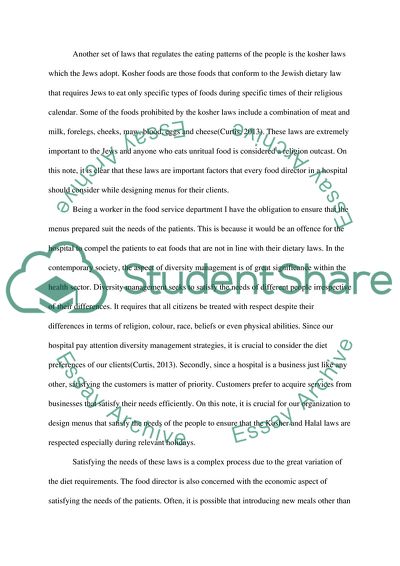Cite this document
(“Food laws Essay Example | Topics and Well Written Essays - 1000 words”, n.d.)
Food laws Essay Example | Topics and Well Written Essays - 1000 words. Retrieved from https://studentshare.org/health-sciences-medicine/1651076-food-laws
Food laws Essay Example | Topics and Well Written Essays - 1000 words. Retrieved from https://studentshare.org/health-sciences-medicine/1651076-food-laws
(Food Laws Essay Example | Topics and Well Written Essays - 1000 Words)
Food Laws Essay Example | Topics and Well Written Essays - 1000 Words. https://studentshare.org/health-sciences-medicine/1651076-food-laws.
Food Laws Essay Example | Topics and Well Written Essays - 1000 Words. https://studentshare.org/health-sciences-medicine/1651076-food-laws.
“Food Laws Essay Example | Topics and Well Written Essays - 1000 Words”, n.d. https://studentshare.org/health-sciences-medicine/1651076-food-laws.


